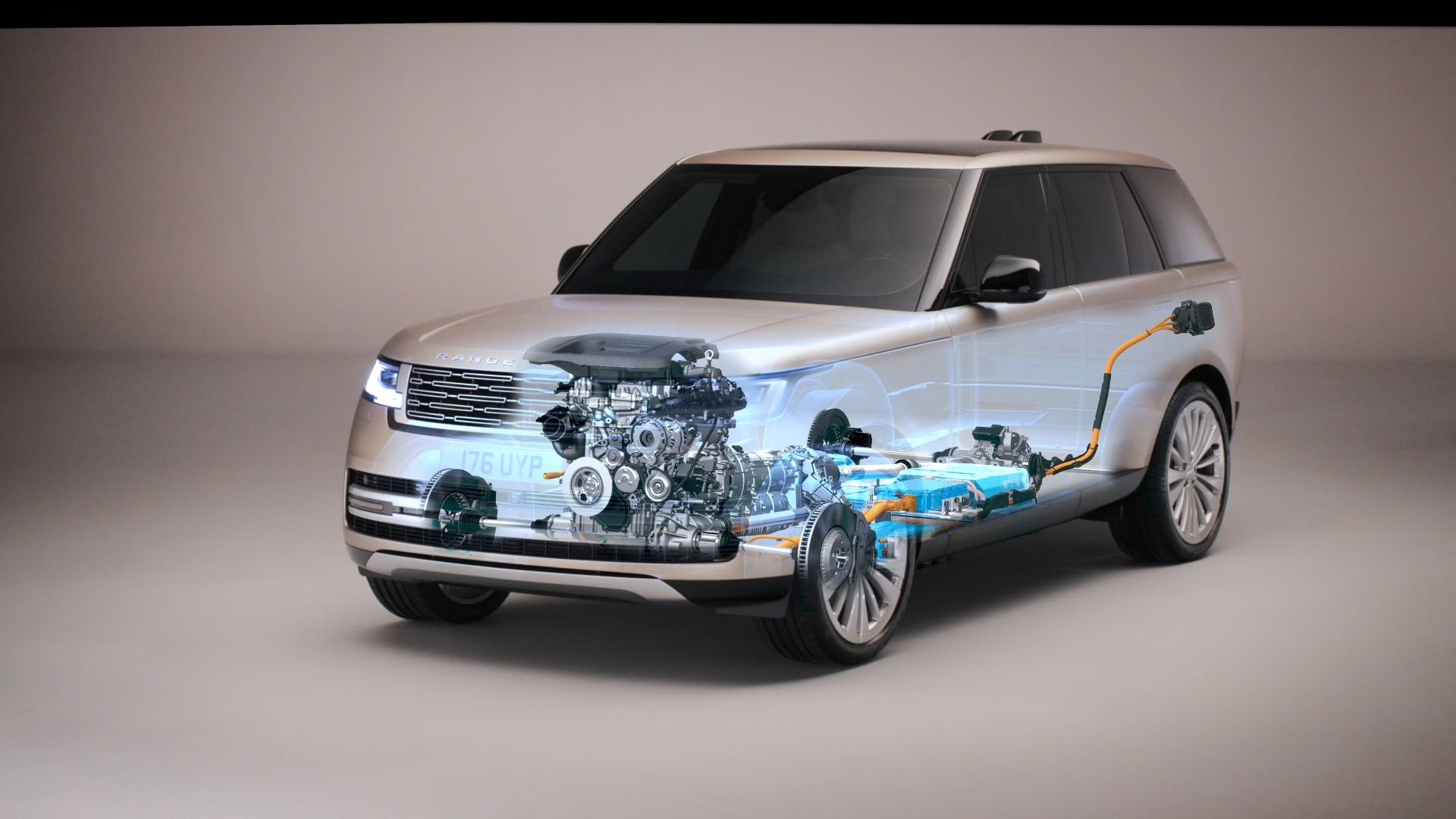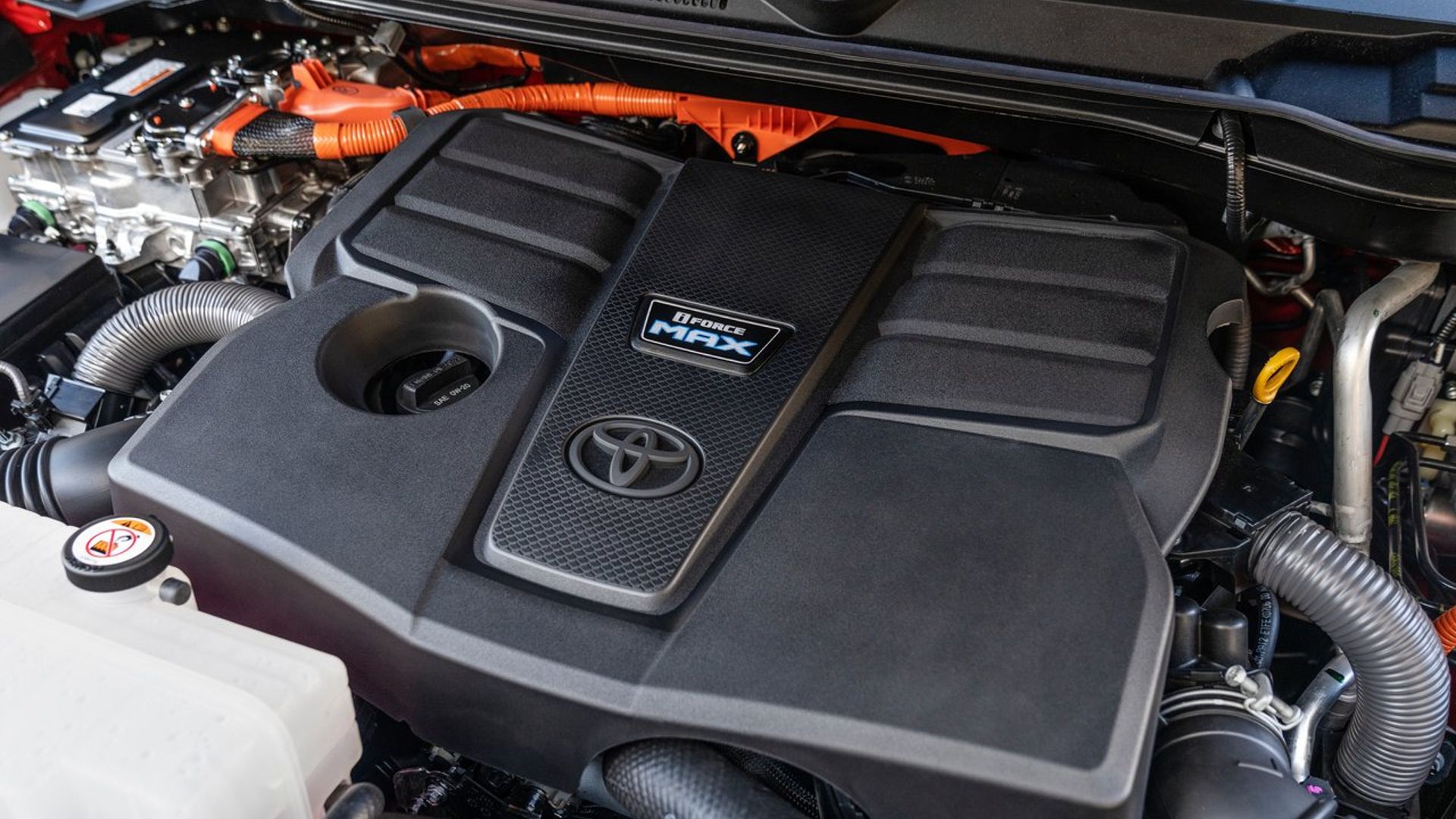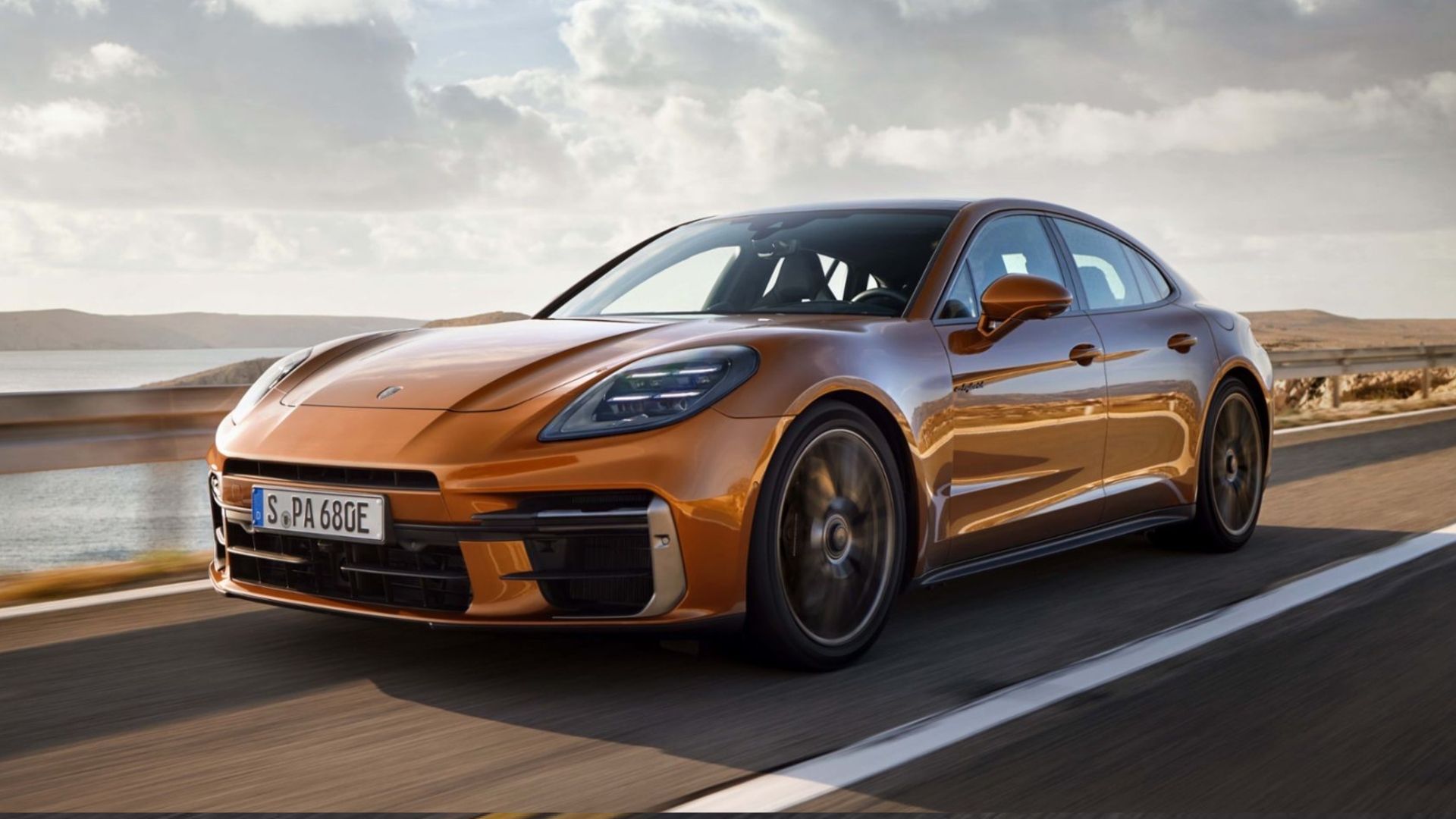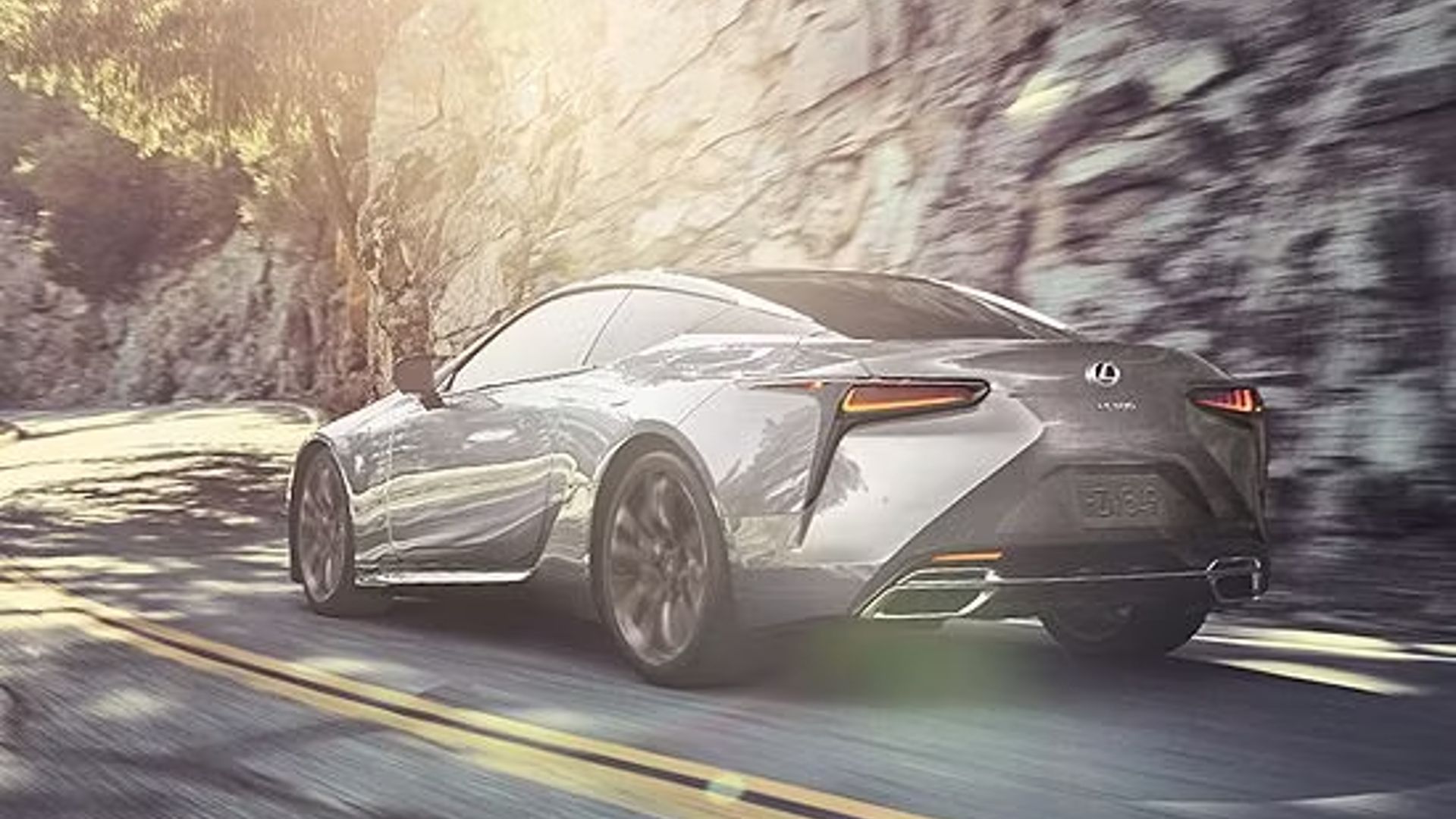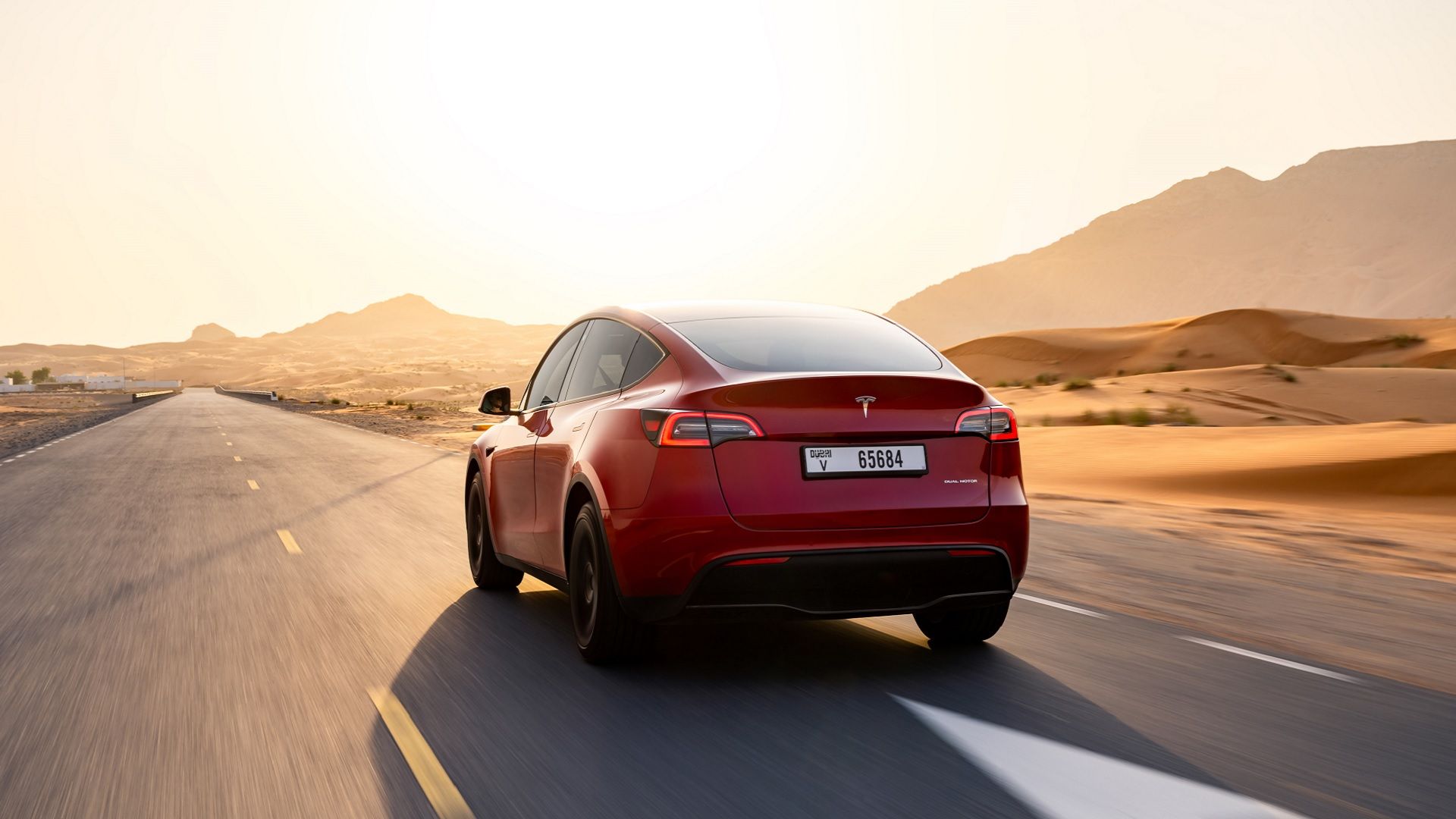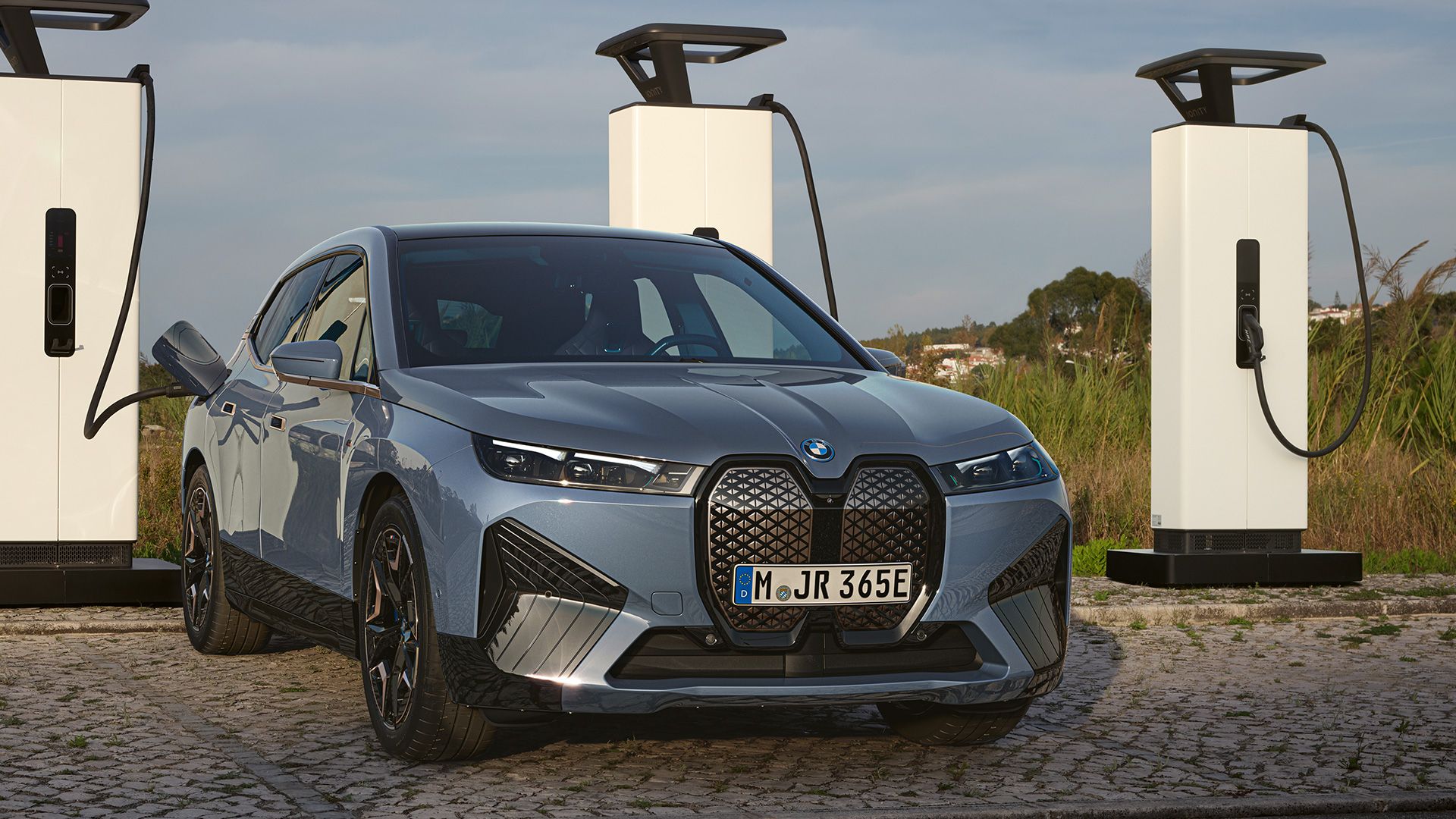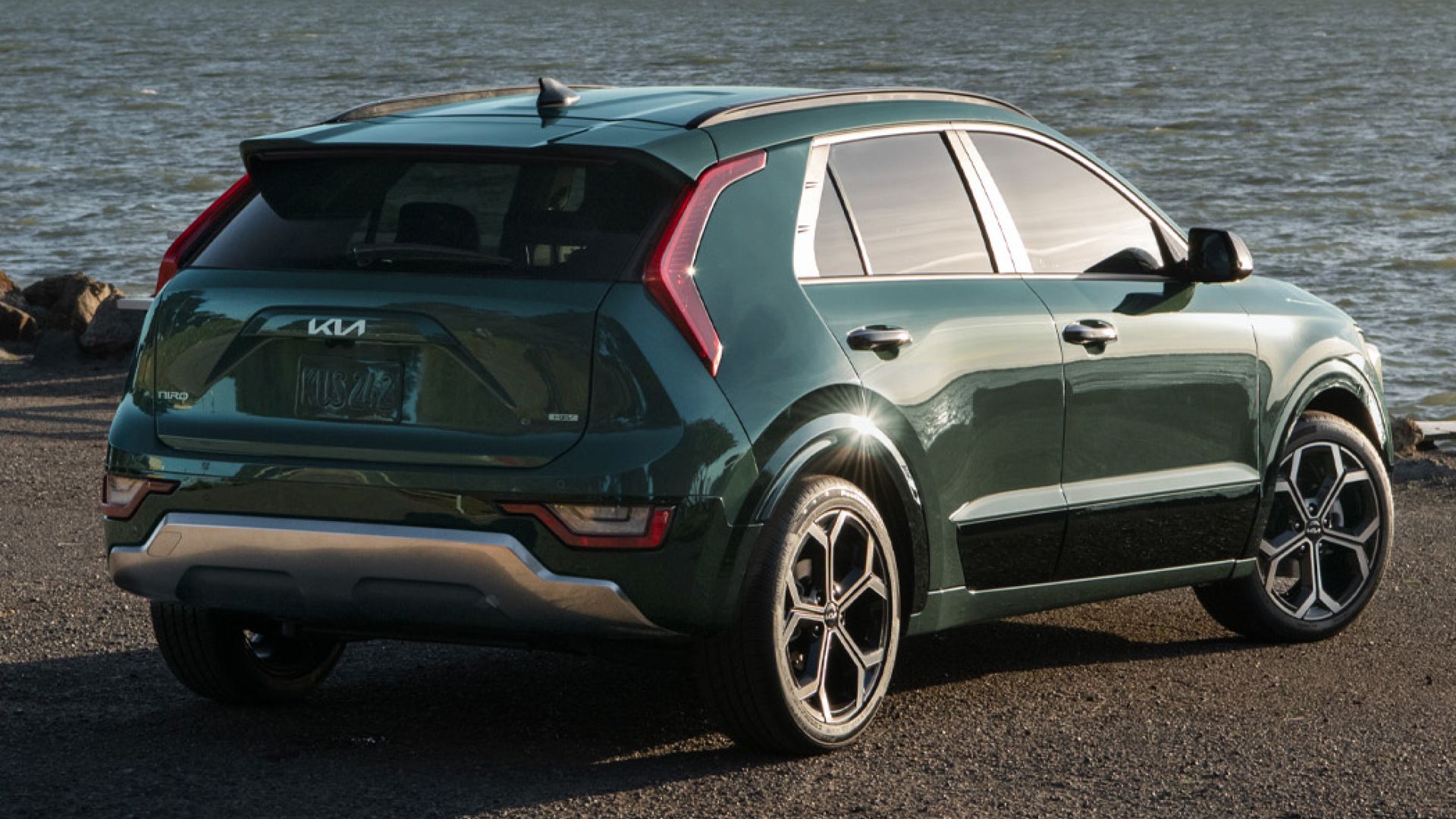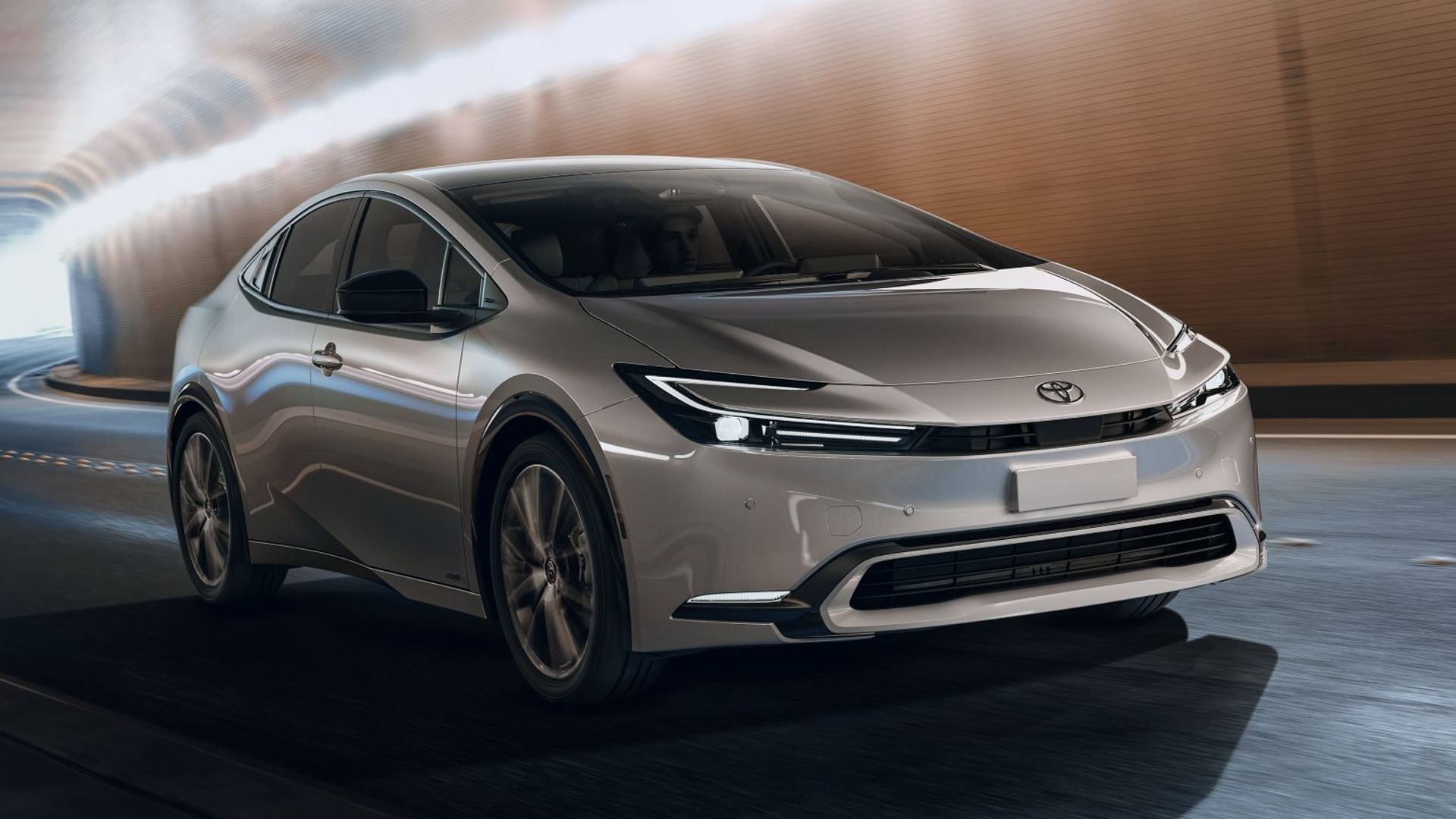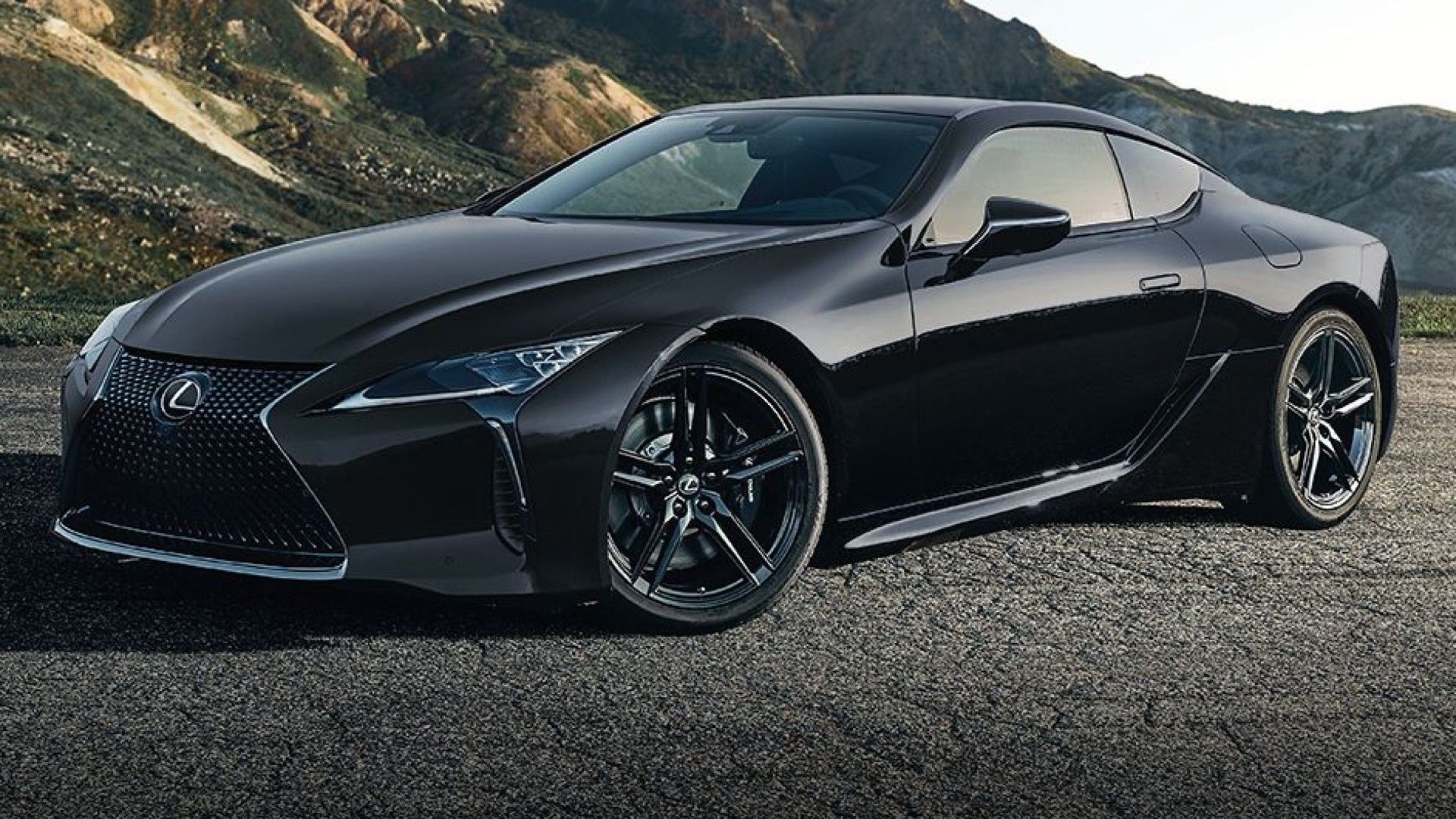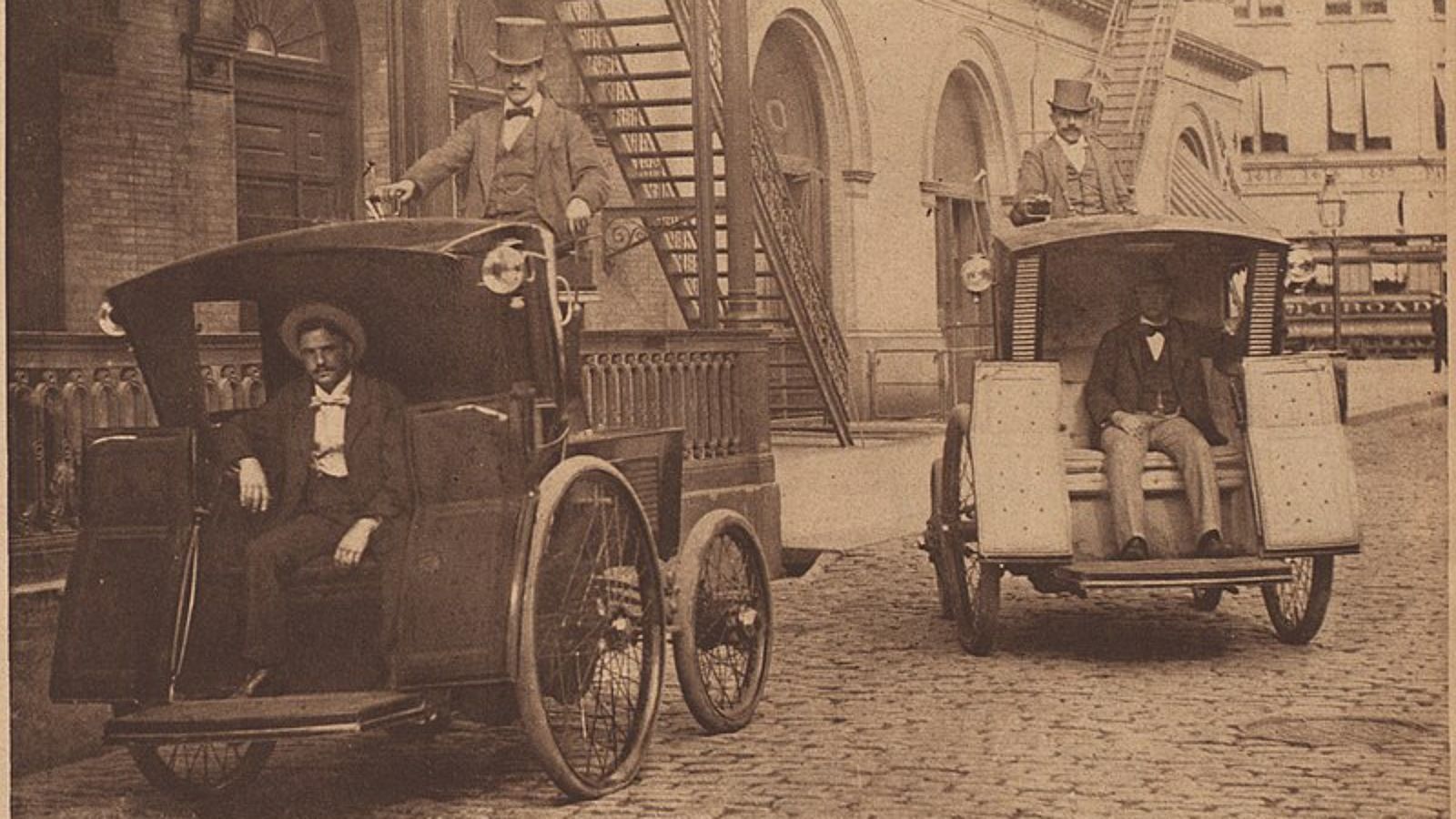
People typically get confused after they hear about electric or hybrid cars. See, the factor is, that each one hybrid vehicles are electrical vehicles, however not all electrical vehicles are hybrid vehicles. The most simple distinction between the 2 lies in the truth that an all-electric automobile solely operates on electrical power saved in a battery, whereas a hybrid automobile depends on a mix of electrical energy and gasoline.
Hybrid electric vehicles (HEVs) make use of an internal combustion engine (ICE) with a number of electrical motors that make the most of the power saved in batteries, aiding in powering the car, enabling the engine to close off when the car stops, resulting in much less gasoline consumption. On the opposite hand, electrical vehicles, additionally known as “electric vehicles” (EVs), function solely on electrical energy, eliminating the necessity for gasoline. This means they produce near none tailpipe emissions and customarily provide a quieter trip, in comparison with different autos.
These two completely different powertrains open doorways to a mess of choices, catering to completely different wants, be it a concentrate on gasoline effectivity or vary, efficiency, or value. Although each these powertrains share the identical electrical gene, they don’t seem to be so comparable. And here is all the things that separates them from one another.
In order to provide the most recent and correct data potential, the information used to compile this text was sourced from varied producer web sites and different authoritative sources, together with EPA, EIA, Consumer Reports, and that iSeeCars.
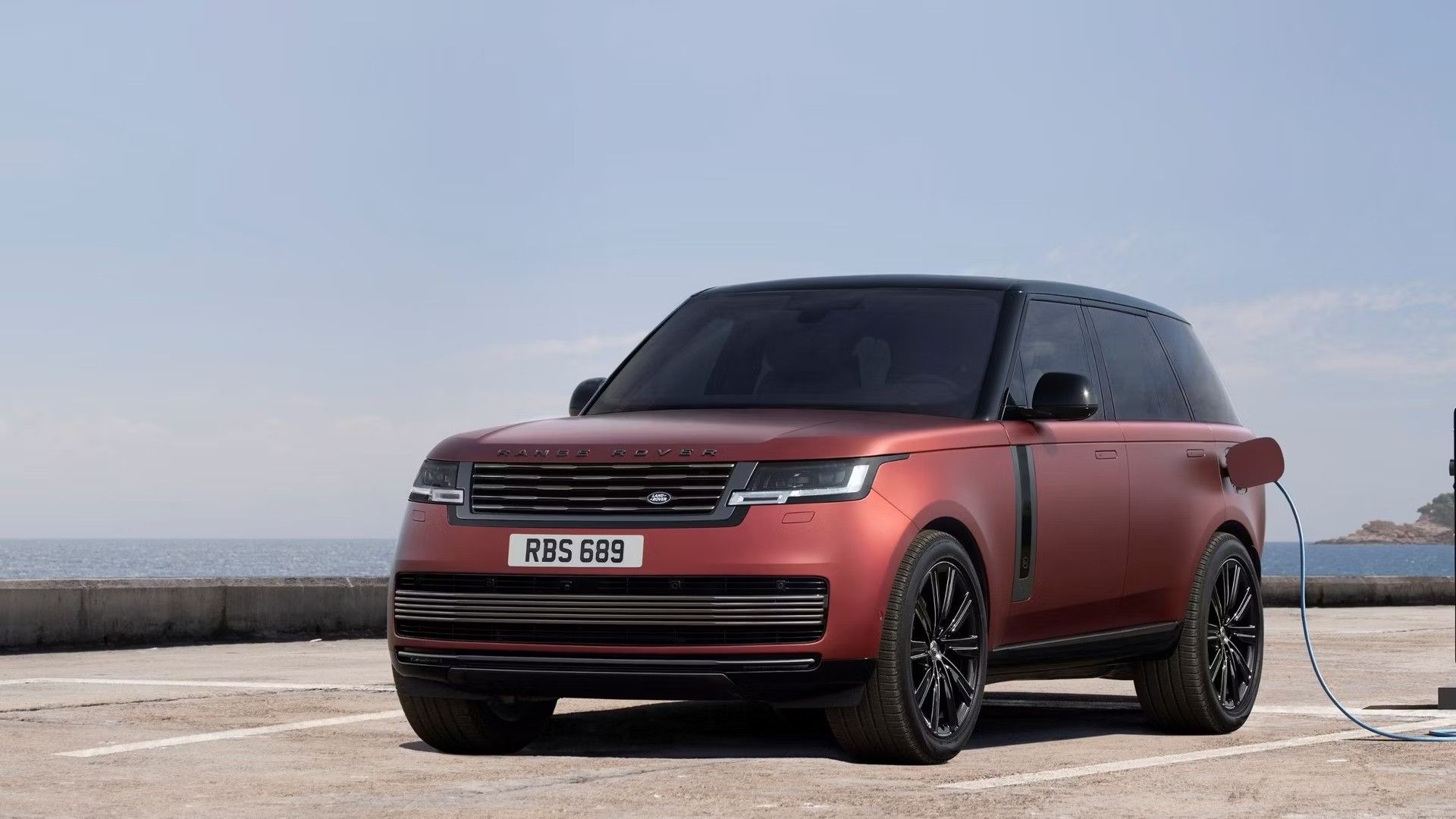
10 PHEV SUVs That Don’t Skimp Out On Cargo Capacity
Check out these PHEV SUVs that not solely pack a punch in cargo area, but additionally ship top-tier versatility for all of your storage wants.
1 A Hybrid Car Is Powered By An ICE And Electric Motors
A pure electrical car (EV), additionally known as a Battery Electric Vehicle (BEV), is powered by a number of electrical motors that draw energy from a devoted rechargeable battery pack. This battery pack spans alongside the ground plan of the car, and is bigger in capability than different ICE-powered and Hybrid autos, as it’s the primary supply of energy.
Battery Size Comparison: Hybrid Cars Versus Electric Cars
|
Hybrid Cars |
Electric Cars |
|
Kia Niro Hybrid: 1.32 kilowatt-hour (kWh) |
BMW iX M60: 111.5 kilowatt-hour (kWh) |
|
Lexus LC 500h:
1.1 kilowatt-hour (kWh) |
Audi e-tron S: 95 kilowatt-hour (kWh) |
|
Toyota Prius: 0.9 kilowatt-hour (kWh) |
Tesla Model 3 Performance: 75.0 kilowatt-hour (kWh) |
(Data sourced from respective automakers and Car And Driver)
Hybrid Vehicles (HEVs) make the most of a mix of an internal combustion engine (ICE) and electrical motors to drive the car. The electrical motors are mounted between the engine and transmission. Hybrid autos make the most of the power saved in batteries, that are very small in capability, and work in tandem with the inner combustion engine. The variety of motors might range relying on the drivetrain configuration.
2 Electric Cars Produce Zero Tailpipe Emissions
Most hybrid vehicles you see on the roads nowadays run on the identical gasoline you place in your standard gas-powered vehicles, along with the electrical costs that accumulate within the motors. Having an inside combustion engine (ICE), hybrid vehicles do produce emissions, contributing to air pollution, however what makes them stand out is the numerous distinction between them and all-ICE vehicles. Electric vehicles, then again, produce zero tailpipe emissions.
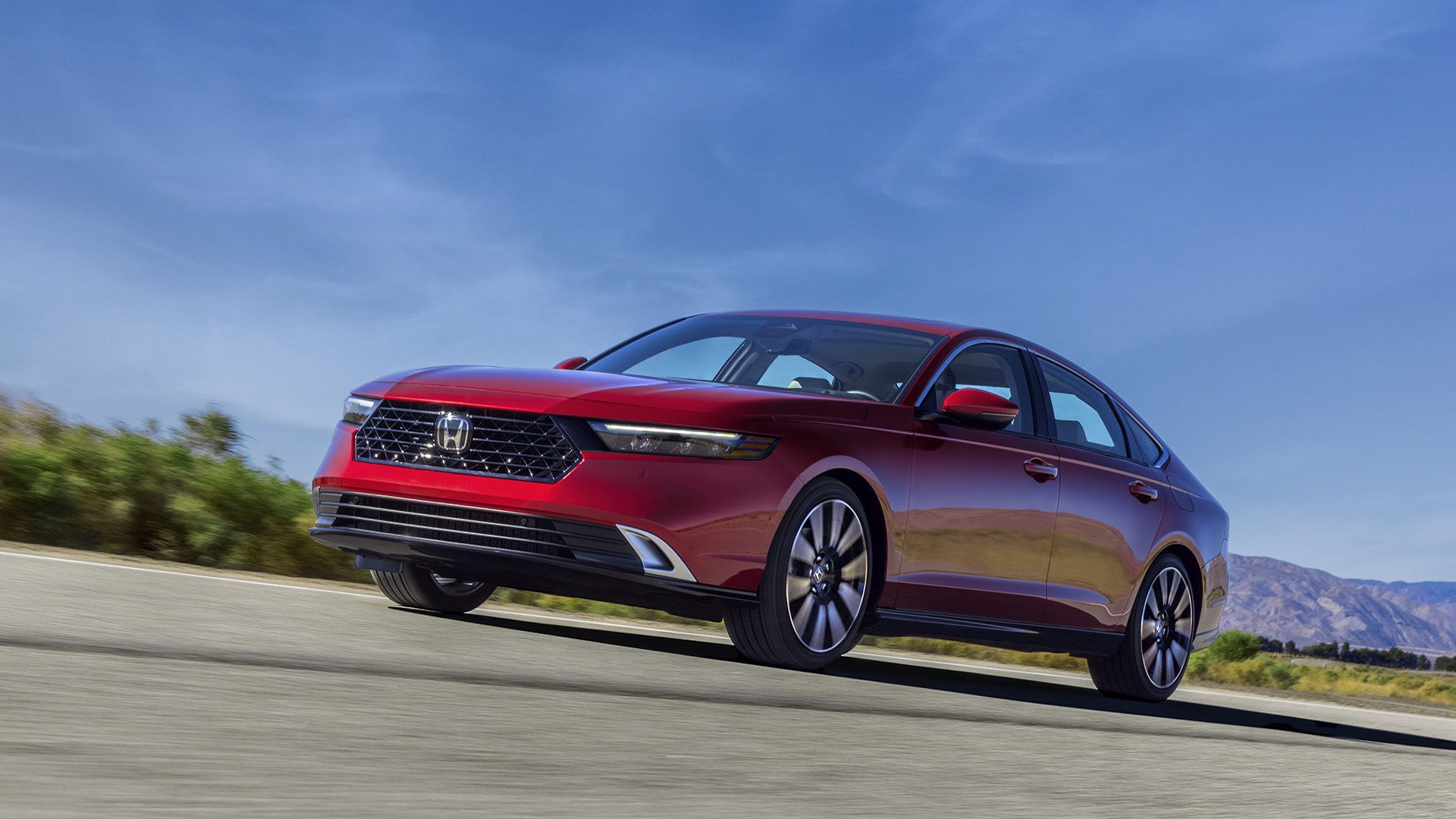
How Electric Hybrid Cars Work: A Complete Guide
With the world transferring in direction of electrification, you’d hear rather a lot about ‘hybrid’. Here’s an entire information on all the things you’ll want to find out about hybrids.
3 Hybrid Cars Offer Better Overall Range Compared To Electric Cars… For Now
While electrical autos (EVs) boast superior gasoline effectivity, they haven’t but surpassed hybrid autos (HEVs) by way of general vary. Despite current technological improvements, such because the Lucid Air achieving an impressive range of up to 520 miles, EVs nonetheless fall brief when in comparison with inside combustion engines. Additionally, the Lucid Air prices a reasonably penny and is not precisely a mainstream automobile.
Range Comparison: Hybrid Cars Versus Electric Cars
|
Hybrid Cars |
Electric Cars |
|
Kia Niro Hybrid: 544 miles |
BMW iX M60: 296 miles |
|
Lexus LC 500h:
644 miles |
Audi e-tron S: 208 miles |
|
Toyota Prius: 644 miles |
Tesla Model 3 Long Range: 358 miles |
(Data sourced from automakers, and the EPA)
No Range Anxiety With Hybrid Cars
Hybrid vehicles, identical to conventional gas-powered autos, can cover extensive distances earlier than needing to be refueled. Similarly, plug-in hybrid autos depend on fossil gasoline for almost all of their journeys, with a chosen all-electric vary. Hybrid vehicles cater to these searching for a reliable car with decrease emissions than a gas-powered car, and to those that should not into the entire plugging-in factor or stressing concerning the automobile’s vary.
4 Electric Cars Are More Efficient
At low cruising speeds or navigating by rush hour visitors, hybrid autos (HEVs) can solely depend on electrical energy to drive, sparing you from unnecessarily burning by gasoline. In this context, hybrid autos (HEVs) provide distinctive gasoline effectivity and cost-effectiveness in comparison with their gasoline counterparts.
Electric vehicles (EVs) boast significantly higher energy/fuel efficiency, over 77-percent, in comparison with the decrease effectivity of inside combustion engine vehicles. This effectivity interprets to utilizing much less power. Reduced power consumption not solely results in decrease operational prices but additionally contributes to environmental advantages. As much less power used correlates to much less power produced, it additional results in a discount in CO2 emissions within the air.
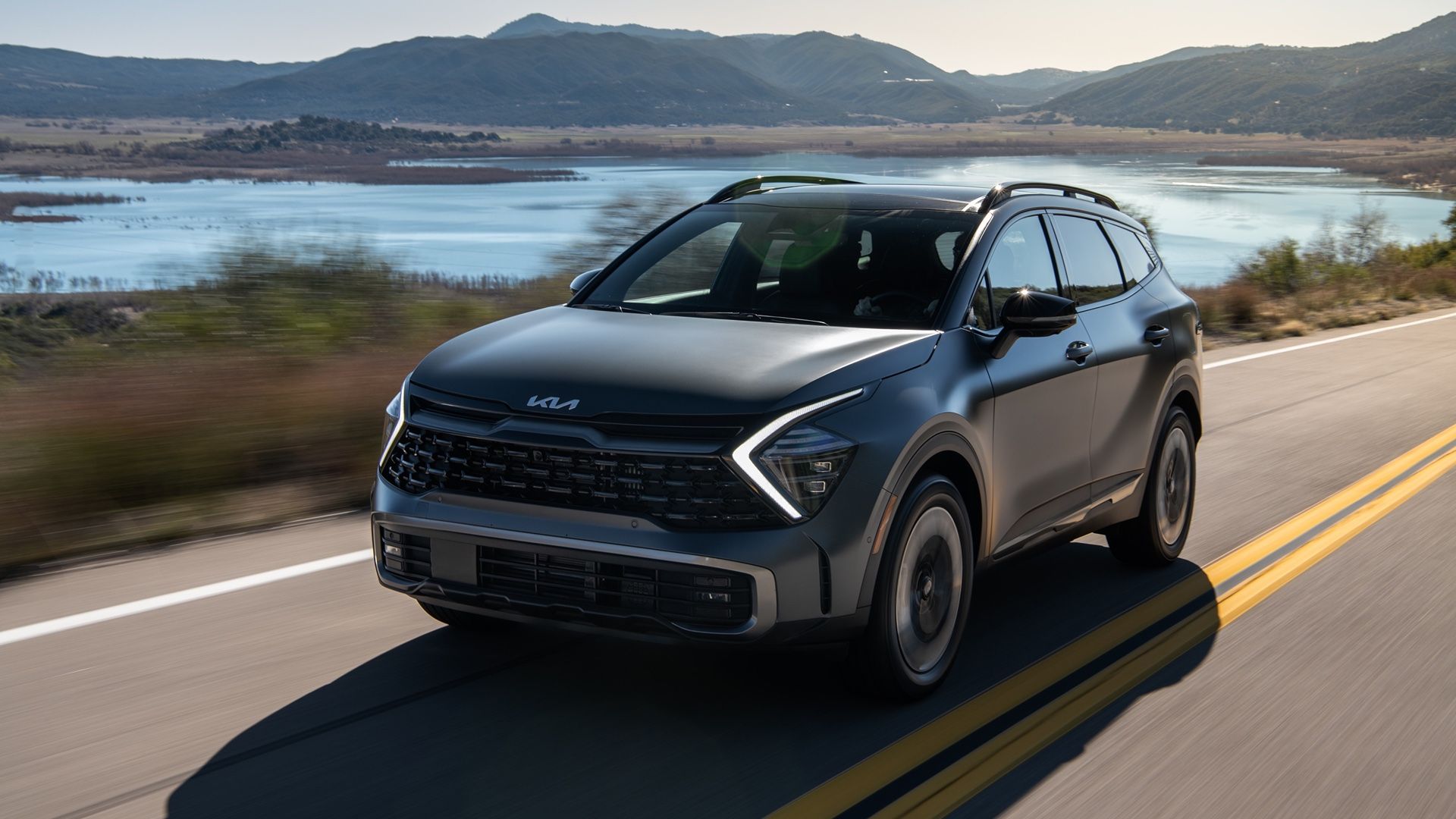
10 Life Hacks For Getting More Range Out Of Your Plug-In Hybrid
How are you able to squeeze probably the most driving vary from a plug-in hybrid car? Here are 10 hacks that may assist.
5 Electric Cars Need To Be Plugged In
Since all pure electrical autos are powered by a set of motors and a chosen battery pack that must be replenished as soon as empty, the charging facet is essential for his or her functioning. Since quick charging stands because the epitome of EV driving, most automakers present a number of ranges of charging speeds, with the duration reducing as you climb through each level. An electrical car’s perk is charging at your vacation spot, saving you from detouring to a fuel pump, ready, and going through excessive gasoline prices.
Mild Hybrid Cars Rely Solely On Regenerative Braking
If the concept of buying an electrical or hybrid automobile has caught your consideration, likelihood is you will have come throughout “Regenerative Braking”. Regenerative braking is a technique that captures the kinetic power produced by a automobile’s motion and converts it into electrical costs when braking or slowing down.
These electrical costs are then utilized to recharge the battery in hybrid or electrical autos. Unlike conventional braking in common gas-powered vehicles, the place power is solely misplaced as warmth, regenerative braking permits the reuse of a few of this power, contributing to elevated effectivity and general vary in electrical and hybrid vehicles.
6 Hybrid Cars Are More Expensive To Maintain
Even although hybrid vehicles will not make you break the financial institution on the pump, they nonetheless must be maintained just like any other gasoline-powered car, as they comprise two powertrains; an inside combustion engine and an electrical motor. That consists of in depth common and sudden upkeep. That is not simply annoying; it additionally prices rather a lot.
Electric autos (EVs), comprising a single all-electric powertrain, have fewer transferring elements that require little or no upkeep. That means no tuning the engine, no altering the oil, no changing spark plugs, or every other routine duties that inside combustion engines require. EV upkeep solely goes so far as tire care, air con service, brake cleansing, and some different minor issues.
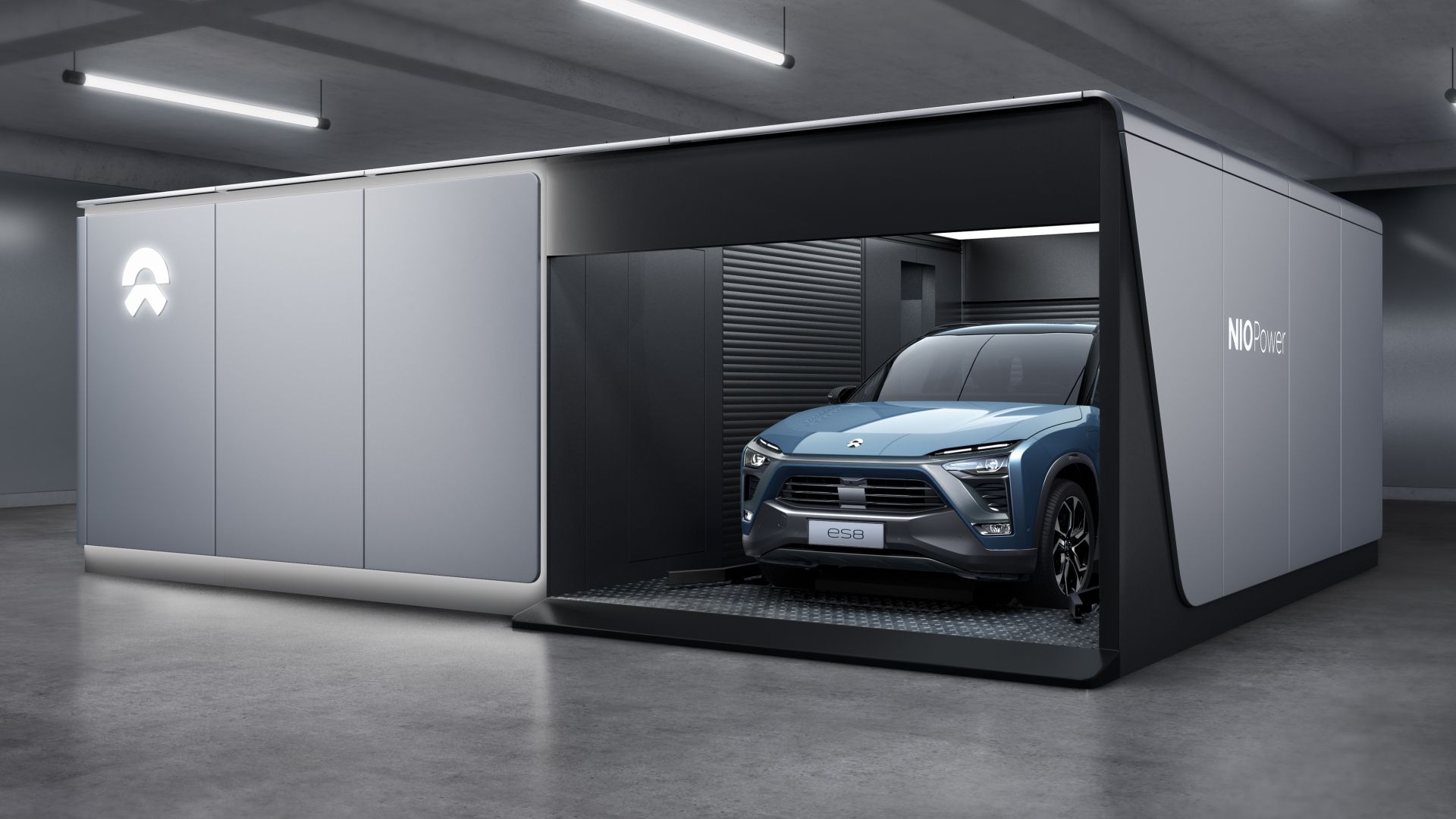
5 Minute Recharging: How Swappable Electric Car Batteries Could Change The EV Market
Learn how the progressive swappable battery know-how is setting a brand new commonplace for fast EV recharging available in the market.
7 Hybrid Cars Are More Easily Accepted Than Electric Cars
Over the previous few years, there was loads of dialogue about electrifying the way forward for the automotive world. As per the EIA, hybrid (HEV) and electrical car (EV) gross sales within the United States surged to a whopping 17.7-percent of new light-duty vehicle sales within the third quarter of 2023, up from 12.5-percent in 2022 and 9.0-percent in 2021.
Hybrid Cars Serve As The Perfect Stop-gap Between ICEs And EVs
Many customers are intrigued by electrification, however aren’t absolutely ready to go all-electric. And for those who’re certainly one of them, a hybrid automobile would possibly simply be the right answer. Hybrid cars also come with a potentially lower cost and deal with widespread issues linked with EVs, equivalent to vary nervousness and lack of charging tools. According to Edmunds, the average hybrid car this year costs around $39,347, which is considerably under the typical $64,029 mark for an all-electric automobile, and the typical $47,664 for a gas-powered car.
8 Electric Cars Depreciate Faster Than Hybrid Cars
The final thing it is best to have to fret about when choosing an electrified car is its resale worth. According to iSeeCars, the depreciation values of hybrids have undergone a exceptional change, enhancing by virtually 20-percent within the final 4 years. Back in 2019, it was 56.7-percent, and in the present day it is all the way down to 37.4-percent.
Electric vehicles show to be much less resilient than hybrid vehicles in sustaining their value, with a staggering 49.1-percent decline over a five-year span. This shift is credited to each larger gasoline costs and an rising consolation with hybrid know-how, making a broader market and a surge in demand for hybrid autos.
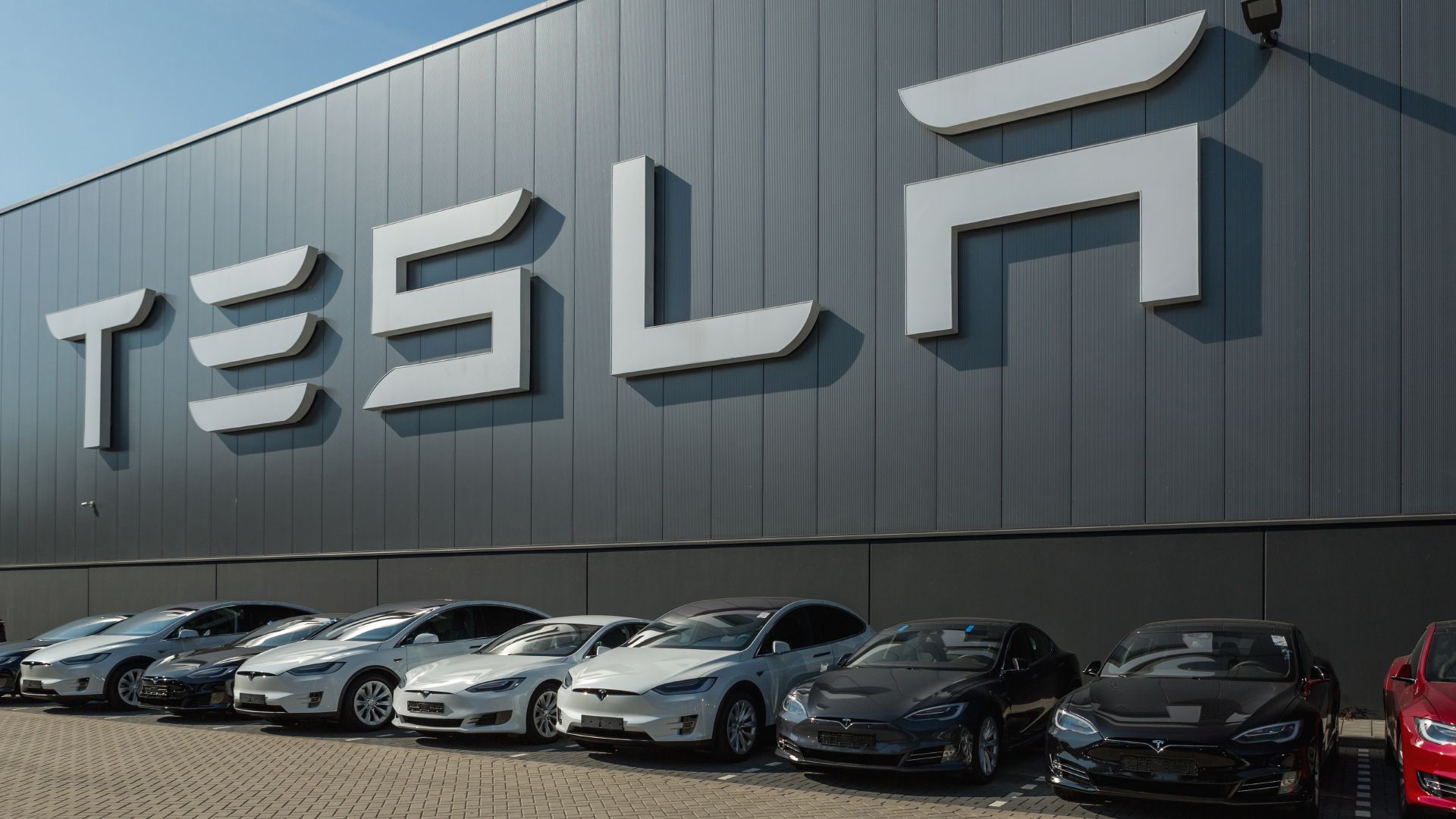
Here’s How Much The Tesla Model S, X, and 3 Depreciate After 5 Years
Tesla’s appeal fades within the newest iSeeCars examine, highlighting larger depreciation. Pandemic and EV nuances add complexity to car worth dynamics.
9 Hybrid Cars Are More Reliable Than Electric Cars
According to Consumer Reports, EV owners consistently report a higher number of issues with their vehicles in comparison with homeowners of typical or hybrid vehicles. The survey they performed signifies that, on common, electrical autos from the previous three mannequin years skilled 79-percent extra issues than their typical counterparts, uncovering 20 potential downside areas, starting from engine and transmission to electrical motors, leaks, and infotainment techniques.
Hybrids For The Win
In the present financial system with inflated automobile costs, you would possibly find yourself holding onto your car for prolonged durations of time. Consumer Reports says that opting for a hybrid would be a wise choice, providing years of trouble-free miles and serving as an efficient protection in opposition to rising gasoline costs. A reasonably priced hybrid vehicle would guarantee not solely strong reliability, but additionally diminished upkeep prices.
10 Electric Cars Have Been Around For Longer
When we consider vehicles going electrical, we often image the twenty first century. But imagine it or not, the story of electrification in vehicles truly begins approach again within the late 1800s. It’s obtained a historical past that is older than one would possibly notice. Electrification started as early as 1830 with Robert Anderson’s electrified carriage, which used non-rechargeable galvanic cells. In 1859, rechargeable batteries entered the scene, portray the image of electrical vehicles as an approachable risk.
Porsche Came Out With The First Ever Hybrid
The founding father of Porsche, Ferdinand Porsche, laid the groundwork for hybrid cars by unveiling the first-ever prototype, the “Lohner-Porsche Mixte”, in 1900, a exceptional 110 years forward of the Cayenne S Hybrid in 2010, marking Porsche’s entry into the trendy period of electrified autos.
